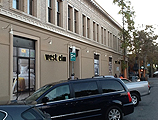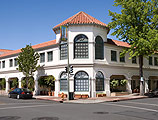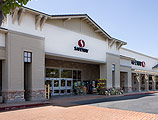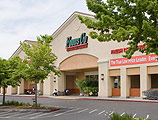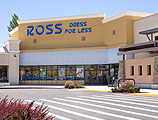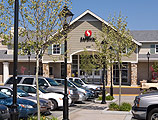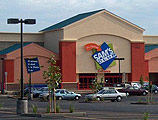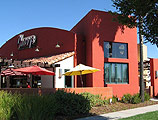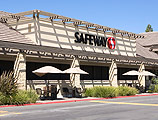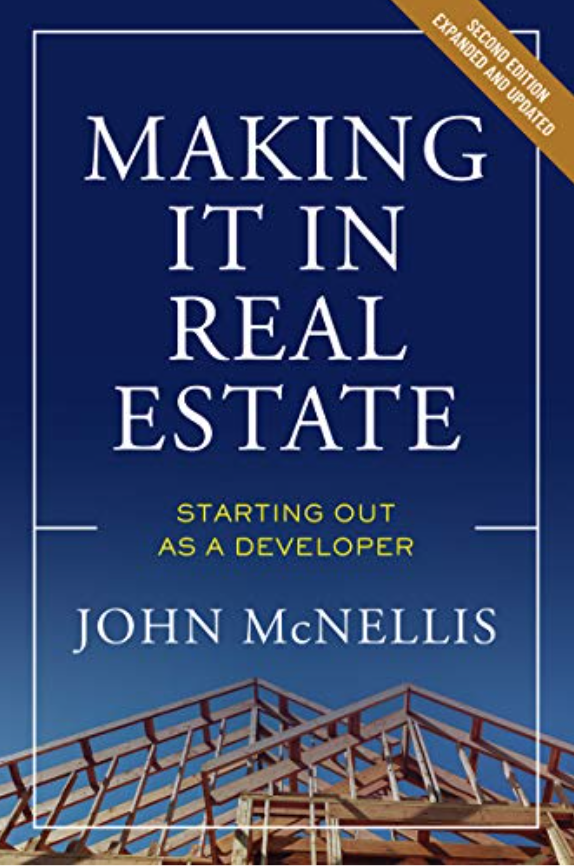More often than not, the movie bad guy is a drug lord or a nature-paving developer. While these two villains seemingly have little in common, one species of real estate promoter makes its money in precisely the same manner as infamous narcotraficantes.
The business model for drugs is fairly straightforward. Cocaine (say) is smuggled in by the ton, sold by the kilogram, then cut and cut again by middlemen, until finally the street gram is sold at an order of magnitude greater price than its wholesale cost.
The time share business works the same way. A developer buys a beachfront hotel and razors its 200 rooms into 10,400 weeks to be sold separately. Instead of a buzz, you get a permanent week someplace you’ll ultimately hate, but the mechanics are the same. My take on this predatory industry—time shares, not drugs—can be viewed at https://mcnellis.com/news/article/sharing-time-in-hell.
Pacaso, a four-year-old Silicon Valley startup, swears it’s not a time share business. Rather, it sells “fractional home ownership”. In a Bloomberg interview on May 30, Pacaso’s CEO Austin Allison proclaimed his company to be in the business of “making home ownership more affordable”. Actually, Pacaso is in the business of selling partial interests in second homes to those who aspire to the 1 percent. How? The San Francisco-based company buys a luxury house in a swanky vacation spot—say, the Napa Valley—tricks it out with a fancy décor, forms a new company (an LLC) to own the house and then sells 1/8th interests in that LLC to eight unrelated individuals. Each 1/8th buyer gets two weeks of residency during prime time and the rest of its 44 days in the off seasons. Pacaso manages the house like a small hotel, booking the visits, paying its bills, making repairs, presumably playing referee among the 1/8ths and so on.
What could go wrong owning a home with seven strangers all bent on the same holidays and who may—or may not—have the ability to keep up their share of the home’s monthly costs? Or with putting that home under the financial control of a startup? Will Pacaso still be around in 10 years when the house needs a new roof? And, while the company’s rules allow you to resell your interest one year after your date of purchase, and suggests that many resellers get out at a profit, history suggests you might better consider your 1/8th as your own personal mausoleum. (Google “difficulty in reselling timeshares”).
Setting the obvious illiquidity issue aside, it’s worth examining Pacaso’s business model and considering whether the company’s financial incentives are aligned with those of its customers. When it buys the home before slicing it off to the eight ultimate owners, Pacaso acts as a broker, presumably charging the seller a commission. It’s important to note that Pacaso takes no ownership interest in the acquired home, or in the LLC. Rather, it makes all its money—other than on-going management fees—on the very front end. It does that by charging each 1/8th buyer a 12 percent commission on top of the home’s sales price.
While Pacaso’s graceful website apparently lacks the room for a clear explanation of these charges, its competitors have been glad to help out. Equity Residences, another vacation rental player, crunched the numbers on a Pacaso offering in Aspen. In rounded terms, Pacaso buys the house for $18 million and then sells 1/8th shares for $2.6 million each—that is, for $21 million, $3 million more than the original sale price.
Thus, on day one, Pacaso makes more than $2 million from commissions on fractional shares, plus its buyside commission. You own 1/8th of an asset at a cost nearly 20 percent over market.
It’s worth pondering the buyers’ true cost of their 44 nights of “owning the joy”. According to Equity Residences, each of those Aspen buyers must also pay $26,000 a year in maintenance expenses in addition to their $2.6 million. That works out to about $600 a night.
But that’s not the full story. How much does an Aspen night with Pacaso really cost? For simplicity’s sake, let’s assume you paid cash for your 1/8th share, and that your $2.6 million would have earned 10 percent in the S&P 500 if you hadn’t bought your Aspen dream. (The S&P 500’s average annual return since 1926). Add the maintenance fees to your foregone $260,000 in stock market profits and your 1/8th costs you $286,000 a year… $6,500 a night for 44 nights.
All that for getting your white Christmas… once every eight years.





